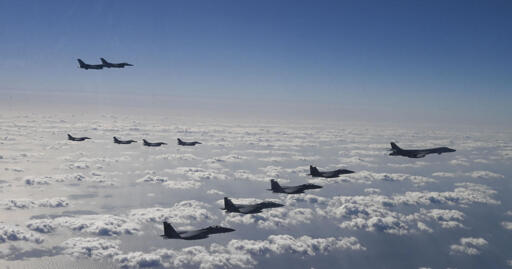Summary
South Korea scrambled fighter jets as five Chinese and six Russian warplanes entered its air defense identification zone (KADIZ) on Friday, though they did not breach national airspace.
The incursion, part of joint Chinese-Russian military drills, occurred near the contested Dokdo islands and lasted over four hours.
South Korea condemned the unannounced flights, calling for measures to prevent escalation.
Similar incidents have increased since 2019, reflecting deepening China-Russia defense ties amid tensions with the U.S., South Korea, and Japan.
This follows other global airspace incidents involving Russian and Chinese forces.



It was a combination of some infrastructure being offline (a VOR beacon) thus requiring a different procedure that was not followed correctly.
I don’t believe the pilots ever considered they had crossed into Soviet airspace, they were probably unaware of any deviation from their flight plan.
Nor was there any contact with Soviet forces. Were they ordered to leave the airspace would significantly change the share of blame making the pilots criminal and letting the Soviets off easily.
The intercept claims to have tried to have fired warning shots but admits they were not really visible in the night. I think that if he flown directly in front of them, they would notice if not visually the turbulence. But the decision seems to have been taken that it was not a civilian plane at a higher level and the identification part of the intercept a formality. Apparently they had actually missed intercepting some actual spy planes recently and they had to save face.